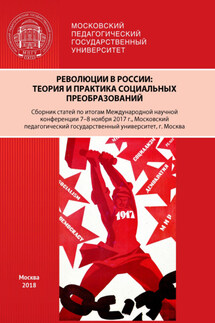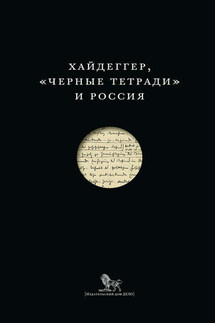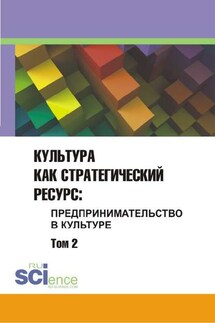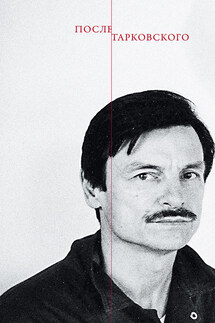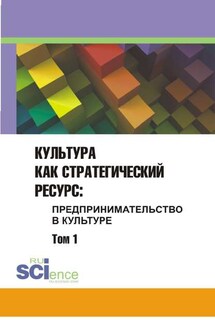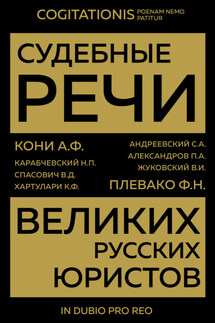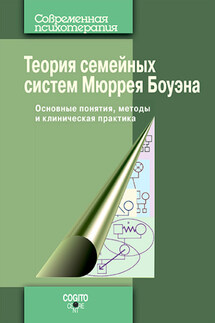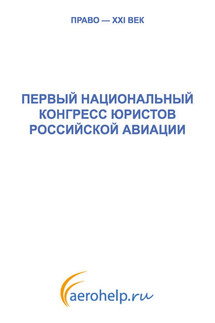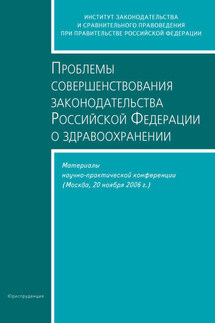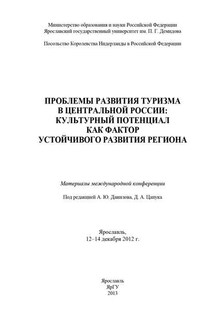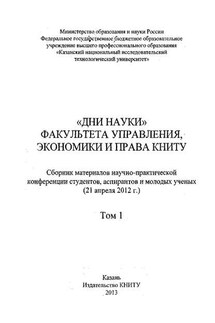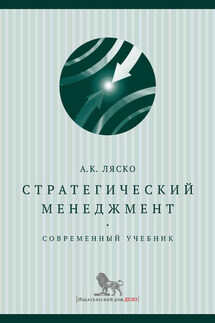Аннотация. В статье предлагается оригинальный анализ творческого наследия лидера большевистской партии и Советской России В.И. Ленина. Статья акцентирует внимание на вопросах особенно актуальных как в исторической ретроспективе, так и в контексте современного положения в мире. Череда экономических и политических кризисов поставили проблему выбора антикризисных механизмов и альтернативных путей развития человечества. В статье показано, как подобного рода проблемы решались Лениным в условиях Революции 1917 г. и постреволюционного развития. Автор показывает нестандартность и творческий характер ленинских подходов к самым неоднозначным задачам, возникавшим перед советским руководством в условиях Гражданской войны, военного коммунизма и нэпа. Успешность ленинской политики предопределялась тем, что, сохраняя верность основным принципам марксистского учения, Ленин максимально адекватно учитывал характер момента, те изменения, которые происходили в советском обществе. Помимо творческого, динамичного ленинского подхода к решению политических задач, актуальность сохраняет и предложенная Лениным альтернатива капиталистической и авторитарной модели социального устройства, которую он видел в социализме.
Ключевые слова: В.И. Ленин, Октябрьская революция, военный коммунизм, НЭП, государственный капитализм, диктатура пролетариата, переходный период, социализм.
Krausz T.
Abstract. The article offers an original analysis of the creative legacy of the leader of the Bolshevik Party and Soviet Russia V.I. Lenin. The article focuses on issues that are especially relevant both in historical retrospect and in the context of the current situation in the world. The series of economic and political crises posed the problem of choosing anti-crisis mechanisms and alternative ways of human development. The article shows how such problems were solved by Lenin in the conditions of the Revolution of 1917 and post-revolutionary development. The author shows the non-standard and creative character of Lenin's approaches to the most ambiguous tasks that arose before the Soviet leadership in the conditions of the Civil War, War Communism and NEP. The success of Lenin's policy was predetermined by the fact that, while maintaining fidelity to the basic principles of Marxist teaching, Lenin most adequately took into account the nature of the moment, those changes that occurred in Soviet society. In addition to the creative, dynamic Leninist approach to solving political problems, the alternative offered by Lenin to the capitalist and authoritarian model of social order that Lenin saw in socialism, is still essential.
Key words: V.I. Lenin, the October Revolution, War Communism, NEP, Dictatorship of the Proletariat, transition period, socialism.
The original problem of socialism in Soviet Russia
Lenin outlined the whole problem of socialism through the historical development of relations of property and production, according to which the new socialist “communal society” appears in modern history after the dissolution of the ancient communities including of Russia.1 It was a higher form of communal ownership, direct control over workplace through the soviets of workers (historical ancestor: Paris commune 1871).
When Lenin posited his own “three-step” concept in his State and Revolution – in which socialism, as the “lower phase” of communism, is preceded by a “transitional period” – he could not have known that the Russian Revolution would be left isolated. As a result, Soviet development has different periods on economic and political criterias. The three phases following the October Revolution – the “market economy” that characterized the period until spring 1918, the war communism of 1918–1920, and the “state capitalism” of the New Economic Policy (NEP) from March 1921 onward – left substantive and easily outlined theoretical traces in Lenin’s thought.
When Lenin posited his own “three-step” concept in his State and Revolution – in which socialism, as the “lower phase” of communism, is preceded by a “transitional period” – he could not have known that the Russian Revolution would be left on its own. As a result, theoretical socialism as a practical issue would be put off in perpetuity and history would actuate the possibility of socialism in peculiarly Russian form, something he would very much have wanted to avoid.
From market economy to war communism
Central to Lenin’s thinking after October 1917 was how to preserve the hard-won strength: the power of the soviets. In practice this was never separate from the power of his party, which saw it as the political condition upon which continuing soviet power depended. He surveyed the practical possibility of communal-socialist proletarian ends from this point of view. The contradiction, which strained the tortuous daily battles for survival and the end objectives, increasingly set the discrete problems of the so-called transitional period in the forefront. Such was the mass of problems he confronted at the first congress following October. There, he drew attention to the particularity of their revolution, “The situation is misrepresented to make believe that some want to ’introduce’ socialism in Russia by decree, without considering the existing technical level, the great number of small undertakings, or the habits and wishes of the majority of the population.”
